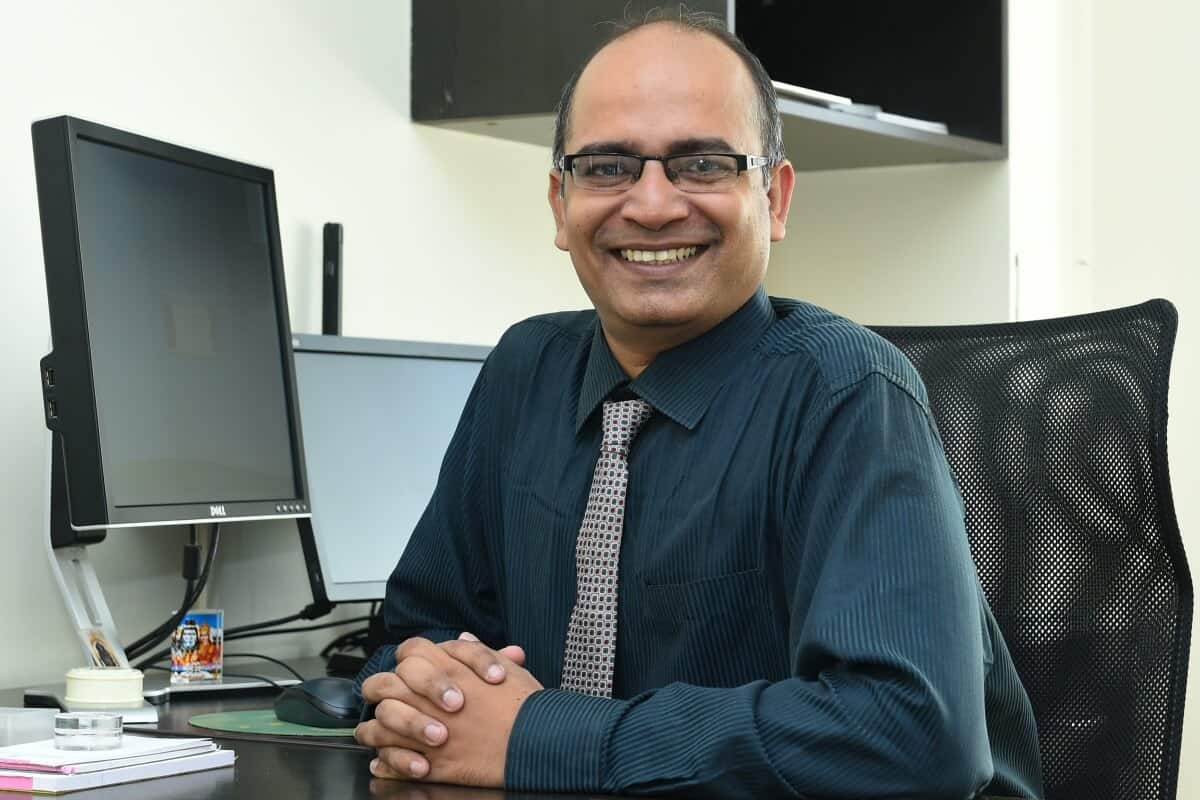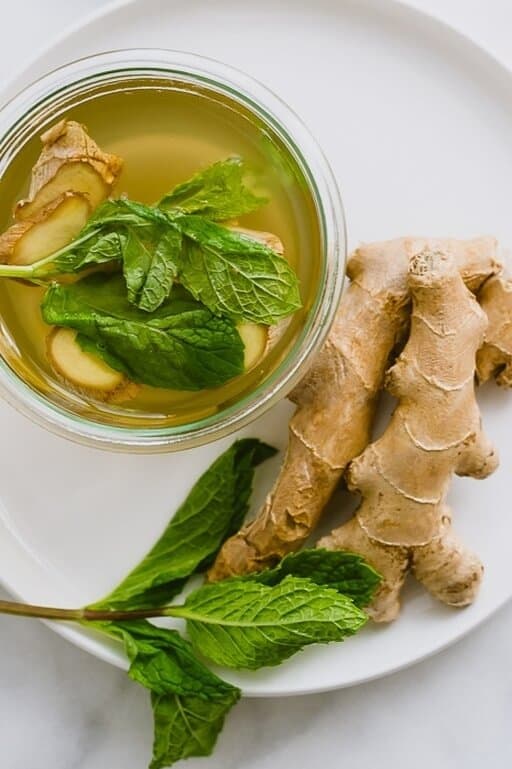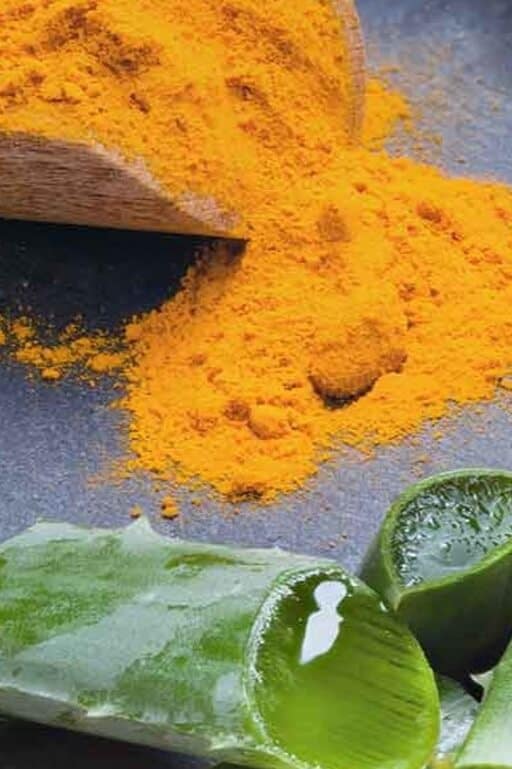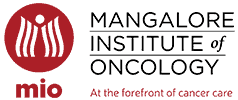Research at Mangalore Institute of Oncology
Research is the keystone for advancement of medical sciences and the key to unlocking knowledge that is required to find cures. Centuries of creative research have opened the doors to new medical and surgical frontiers that would not have been feasible.
Medical and surgical sciences would not have reached the heights without the perseverance and insistence on research. In cancer it is not possible to progress without the contribution of research.
At MIO we understand that in addition to providing effective treatment and empathetic caring, research is done on topics of local relevance. Our approach in research has been more an integrative approach with Ayurveda and modern medical sciences for patient care and the results from our studies have demonstrated that cancer can be managed more effectively through a vast array of integrative approach. The benefits derived from our commitment to research have led to better acceptance of treatment and dramatically improved the quality of life of our patients.

Dr. MS Baliga
Dr. MS Baliga is in charge of research at MIO. He received his Ph.D. in Radiation biology from Kasturba Medical College, Manipal, India with research on anticancer and radio modulatary properties of novel agents.
He received advanced training at Tata Memorial Centre, Mumbai and post-doctoral fellowship at the University of Alabama at Birmingham USA and a second one at the University of Illinois Chicago in areas of cancer prevention and metastasis. Dr Baliga also has adjunct degrees in Masters of Business Administration in Education Management, Masters in Psychology and Psychotherapy, and advanced certificates in Human Nutrition and Bioethics. His research interests are in the areas of cancer chemoprevention, radiomodulation, ethics and health economics.

Honey & Turmeric
Radiation is a very important treatment for oral cancer. However, one of the common side effects is development of severe ulcers. These ulcers are very painful and affect nutrition and quality of life of the patient, and contribute to local and systemic infections. It is often the dose limiting factor, interfering with the intensification of radiation therapy.
The departments of radiation oncology, oncodentistry and ayurveda conducted a study to see the effectiveness of applying/gargling with honey and turmeric in reducing the ulcers due to radiation. The results showed that gargling with turmeric/honey by patients with oral cancer undergoing radiation therapy caused a significant reduction in the ulcers. The results of the study have been published in the famous Integrative Cancer Therapeutics journal.

Ginger & Mint
Chemotherapy induced nausea and vomiting is most intensive side effects and critical concerns for patients with cancer. Most of these patients experience nausea and vomiting after chemotherapy. Sometimes, this is so annoying that it may prevent them from continuing the therapy. Therefore its prevention is a must for better response and completion of the treatment. At MIO, we carried a preliminary study to observe the effect of lemon juice containing ginger or mint or both in preventing the chemotherapy and radiotherapy-induced nausea and vomiting.
The results showed that patients who took ginger based lemon juice had reduced feeling of nausea and also had a better quality of life. The incidence of nausea and vomiting was reduced by nearly half without reducing the treatment efficacy and benefit. Our study shows that drinking lemon juice containing ginger and mint was very useful. Ginger and mint have been a part of Ayurveda and home remedies and used regularly by people. The data has been presented at a national conference and has been communicated for publication

Aloevera & Turmeric
Radiation-induced skin dermatitis or burns is a side effect seen in about 85% of all patients undergoing radiotherapy when the dose exceeds 30–40 Gy. The symptoms of dermatitis varies in severity from moderate to severe erythema and moist scaling, and the signs and symptoms may include skin dryness, itching, discomfort, pain, warmth and burning, which may persist up to 4 weeks after the end of treatment.
At MIO the staff of radiotherapy and ayurveda section carried out a study to observe the effect of aloe vera and turmeric based cream in preventing the radiation-induced skin burns. The results have shown that both these creams were useful in delaying and reducing radiation-induced skin damage on the skin of patients with head & neck and breast cancer. These results are extremely significant and hold promise as a safe and effective prophylactic treatment for radiodermatitis. The data has been presented at a National conference and has been communicated for publication
Effectiveness and cost benefit analysis of stereotactic radiation in treating complicated cancers
The radio-surgery or Sterotactic Body Radiation Therapy (SBRT) is an advanced technique in treating cancer using radiation. Today MIO is the only centre in Mangalore to have adopted this modern therapy. SBRT delivers very high doses of radiation to refractory cancers located in various parts of the body, such as the lung, liver, and brain which are normally treated with either surgery or chemotherapy. However in elderly patients, the use of both surgery and chemotherapy are associated with complications and risk to life.
We at MIO have been using SBRT in treating complicated cancers. The results indicate that SBRT is effective in control of cancer, helps rapid recovery and the re-integration of the cancer survivor in to their work and society. This has also reduced the cost factor, when compared to surgery or chemotherapy and also reduces the stress on the patient and caregivers. The data has been presented at a National conference and has been communicated for publication.
